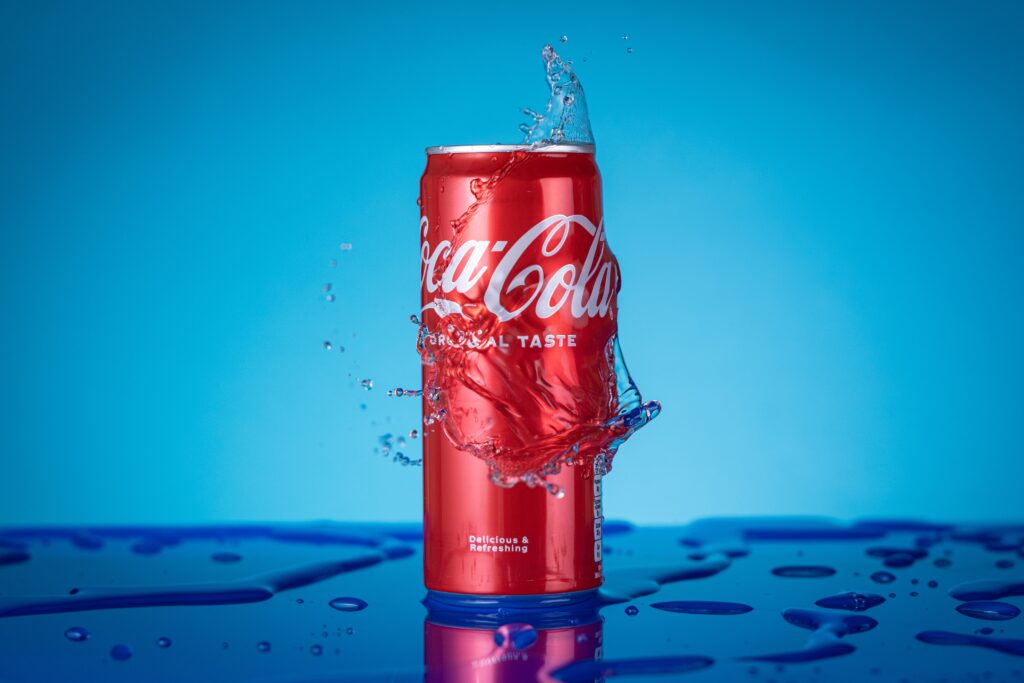Coca-Cola’s CEO, James Quincey, has raised concerns that rising aluminum prices could force the company to sell more beverages in plastic bottles. If the 25% import tax imposed by President Donald Trump increases aluminum costs, Coca-Cola may need to change its packaging to keep products affordable.
How Tariffs Affect Aluminium Prices
Trump recently ordered a 25% import tax on all steel and aluminum coming into the US. This move could significantly raise the price of canned beverages and food products across the country. Aluminum is an essential material for Coca-Cola’s cans, and the price increase may lead the company to reconsider its packaging choices.
Coca-Cola’s Response to Rising Costs
In December, Coca-Cola made a change to its sustainability goals. The company reduced its target for using recycled materials in packaging. Originally, Coca-Cola aimed to use 50% recycled materials by 2030. Now, the goal is 35% to 40% by 2035. Environmental groups have criticized Coca-Cola for its plastic pollution, calling it the world’s top plastic polluter for six years in a row.
“If one package becomes more expensive, we have other options to stay competitive,” Quincey said. “For example, if aluminum costs rise, we can focus more on PET [plastic] bottles.”
Packaging and the Environment
While Coca-Cola has increased the use of aluminum cans recently, the company has also made efforts to maintain sustainability. Aluminum is highly recyclable compared to plastic, making it a more environmentally friendly option in the long run.
However, the US relies on imports for nearly half of its aluminum, so the 25% tariff could push can prices higher. In 2018, some can-makers were exempted from Trump’s steel tariffs, but this time, Trump has ruled out any exclusions for specific products or countries.
Plastic Straws and Plastic Pollution
In a separate move, Trump signed an order reversing a ban on plastic straws. The original ban, introduced by former President Joe Biden, aimed to cut down on plastic waste. Biden had previously called plastic pollution a “crisis.” This decision to reverse the ban could lead to more plastic waste, adding to the environmental concerns surrounding plastic packaging.
As aluminium prices rise due to tariffs, Coca-Cola is left with tough business choices. The company’s shift to more plastic bottles may increase plastic pollution, challenging its sustainability efforts. The full impact of these changes remains to be seen, but it’s clear that packaging decisions will play a crucial role in the company’s future strategies.
For more updates on this story, visit Euro News 24.
